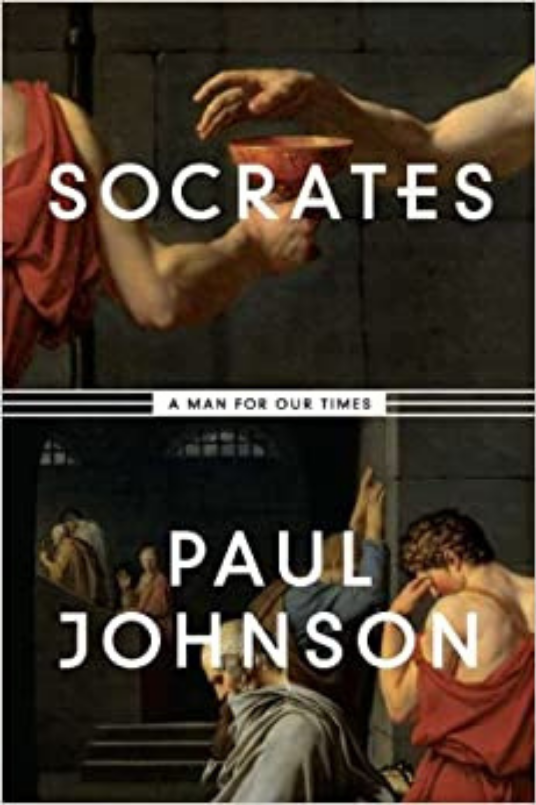If you want to get into the game of reading biographies, this book is a great place to start.
Less than 200 pages and not overloaded with details.
Flow: 5/5
Actionability: 3/5
Mindset: 5/5
Some of My Highlights:
“A person should be so deep in study that he forgets to eat, so full of joy in learning he ignores all practical worries, and so busy acquiring knowledge he does not notice old age coming on.”
“Socrates is the quintessential philosopher, the seeker and conveyor of wisdom.”
“…who had access to libraries that were totally destroyed in the Dark Ages.”
“Greece as a whole was innovative, enterprising, and above all, competitive, and Athens was the epicenter of the competitive spirit.”
“Sparta, the first city to train its athletes professionally.”
“…politics, with its class-war overtone, was a serious, even brutal business, remaining so throughout Socrate’s life.”
“This observation is all the more remarkable in that Socrates disliked allowing his emotions to show in his face.”
“Socrates’ indifference to physical well-being – clothing, food, drink, warmth, and shelter, everything except company, which he always relished and needed – was a characteristic throughout his life and is well attested by a variety of sources.”
“He observed the shop displays in the Athens agora (marketplace) and said, ‘How many things I can do without!'”
“A healthy body is the greatest of blessings.” – Socrates
“As he was in the streets every day, he became an unmistakable figure in Athens, and for many a comic one, even disreputable.”
“Asked why he did not resent such treatment, he replied, ‘If a donkey kicks you, do you take legal actions against him?'”
“He had evidently married her late in life, possibly already over fifty.”
“Greece, in the mid-fifth century B.C., like Britain in 1940, had a leader who embodied everything it seemed to stand for, and who articulated its message to all the world and to posterity (Pericles).”
“Athens was thus a disciplined, indeed a self-disciplined society, but its discipline was balanced by intellectual freedom.”
“…it illustrates the distinction he drew between oratory, which sought to persuade, and philosophy, which sought truth.”
“Greek tragedy in the fifth century showed a growing interest in human nature, in character and behavior under stress.”
“Socrates bore no grudge. He said of attacks on him in the theater: ‘If the criticism is just, I must try to reform myself. If it’s untrue, it doesn’t matter.'”
“Socrates continued his usual practice of walking the streets and talking to tall, regardless of possible contagion.”
“When Euripides gave Socrates his works, Socrates commented, ‘What I understand is splendid. What I do not understand may be good too. But it would take a deep-sea diver to get to the bottom of it.'”
“He was the Great Question Master.”
“He made the people he questioned, and cross-questioned, feel important, and he seemed to find their answers valuable.”
“Cicero, who had read Plato but who also had access to many works lost to us, summed up Socrates better than anyone else. ‘Socrates,’ he wrote, ‘was the first to call Philosophy down from the skies, and establish her in the towns, and introduce her into people’s homes, and force her to investigate ordinary life, ethics, good and evil.’ To this Plutarch added: ‘He was the first person to demonstrate that life is open to philosophy, at all times, in every part, among all kinds of people, and in every experience and activity.”
“…he was extremely interested in how things were done by experts. Craftmanship fascinated him.”
“I am an ignorant fellow. I know nothing. That is why I ask so many questions.” – Socrates
